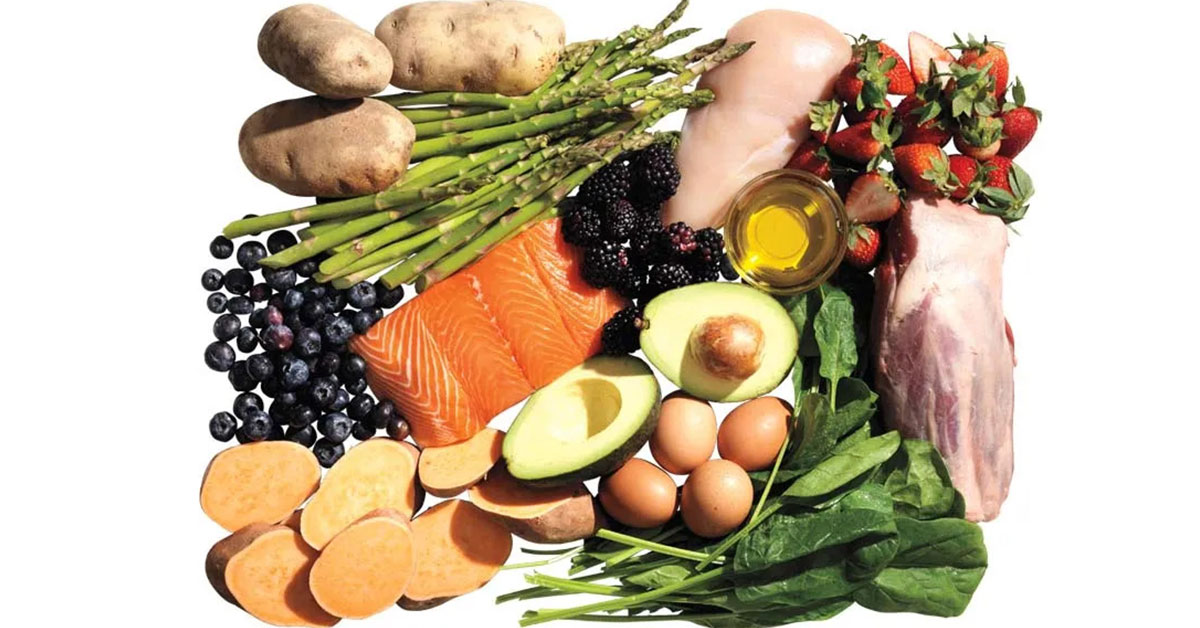Exploring the Relationship Between Diet and Sexual Health
In today’s fast-paced world, maintaining a healthy lifestyle is crucial for overall well-being, including sexual health. Erectile dysfunction (ED) is a common concern for many men, impacting not only physical health but also emotional and psychological aspects of life. While there are various treatment options available, including medications and therapies, paying attention to one’s diet can play a significant role in preventing or managing ED. In this article, we delve into the connection between nutrition and erectile function, highlighting foods that can promote better sexual health.
Understanding Erectile Dysfunction
Before delving into dietary solutions, it’s essential to understand what erectile dysfunction is and its underlying causes. ED refers to the inability to achieve or maintain an erection firm enough for sexual intercourse. While occasional difficulties with erections are normal, persistent ED can be a sign of an underlying health condition such as cardiovascular disease, diabetes, or psychological factors like stress and anxiety.
Research indicates that diet and lifestyle factors can significantly influence the risk of developing ED. Poor dietary choices, such as consuming high amounts of processed foods, sugar, and saturated fats, can contribute to obesity, high blood pressure, and diabetes – all of which are risk factors for erectile dysfunction.
The Role of Nutrition in Sexual Health
The old adage “you are what you eat” holds true when it comes to sexual health. A balanced diet rich in essential nutrients can promote blood flow, hormone production, and overall cardiovascular health, all of which are crucial for erectile function. Incorporating specific foods into your diet can help support sexual health and potentially reduce the risk of ED.
Key Nutrients for Erectile Function
- Omega-3 Fatty Acids: Found in fatty fish like salmon, mackerel, and sardines, as well as nuts and seeds, omega-3 fatty acids have anti-inflammatory properties that can improve blood flow and cardiovascular health, benefiting erectile function.
- Antioxidants: Foods rich in antioxidants, such as fruits (berries, oranges) and vegetables (spinach, kale, tomatoes), help combat oxidative stress and inflammation, which are linked to ED.
- L-arginine: This amino acid is a precursor to nitric oxide, a molecule that promotes blood vessel dilation, crucial for achieving and maintaining an erection. Foods high in L-arginine include nuts, seeds, lean meats, and legumes.
- Zinc: Zinc is essential for testosterone production and sperm health. Oysters, beef, poultry, and fortified cereals are excellent sources of zinc.
- Vitamin D: Low levels of vitamin D have been associated with an increased risk of ED. Get your daily dose of vitamin D from sunlight exposure, fatty fish, fortified foods, and supplements if necessary.
Incorporating these nutrients into your daily diet can help support erectile function and overall sexual health. However, it’s essential to focus on a balanced diet rather than relying solely on specific foods or supplements.
The Mediterranean Diet and Erectile Health
One dietary pattern that has gained attention for its potential benefits on sexual health is the Mediterranean diet. Emphasizing fruits, vegetables, whole grains, fish, and healthy fats such as olive oil and nuts, the Mediterranean diet is rich in nutrients that support cardiovascular health and may help reduce the risk of ED.
Several studies have linked adherence to the Mediterranean diet with a lower prevalence of ED. Its emphasis on plant-based foods, lean proteins, and healthy fats aligns with dietary recommendations for preventing and managing erectile dysfunction.
The Importance of Lifestyle Factors
While nutrition plays a crucial role in promoting erectile health, it’s essential to consider other lifestyle factors as well. Regular exercise, adequate sleep, stress management, and avoiding smoking and excessive alcohol consumption are all integral parts of maintaining sexual health.
Exercise, in particular, has been shown to improve erectile function by enhancing blood flow, reducing inflammation, and promoting overall cardiovascular health. Aim for at least 150 minutes of moderate-intensity exercise per week, incorporating both aerobic and strength-training activities.
Additionally, managing stress and seeking support for any underlying psychological issues such as anxiety or depression is vital for overall well-being and sexual health.
In Conclusion
Erectile dysfunction is a common condition that can have a significant impact on quality of life. While there are various treatment options available, including medications and therapies, adopting a healthy lifestyle that includes a balanced diet rich in essential nutrients can play a crucial role in preventing or managing ED.
Foods rich in omega-3 fatty acids, antioxidants, L-arginine, zinc, and vitamin D can support erectile function and overall sexual health. Embracing dietary patterns such as the Mediterranean diet, along with regular exercise, stress management, and other lifestyle factors, can contribute to better sexual health and overall well-being.
Remember, making small but meaningful changes to your diet and lifestyle can have a positive impact not only on your sexual health but on your overall health and vitality as well. As always, consult with a healthcare professional before making any significant changes to your diet or starting a new exercise regimen, especially if you have underlying health conditions.










